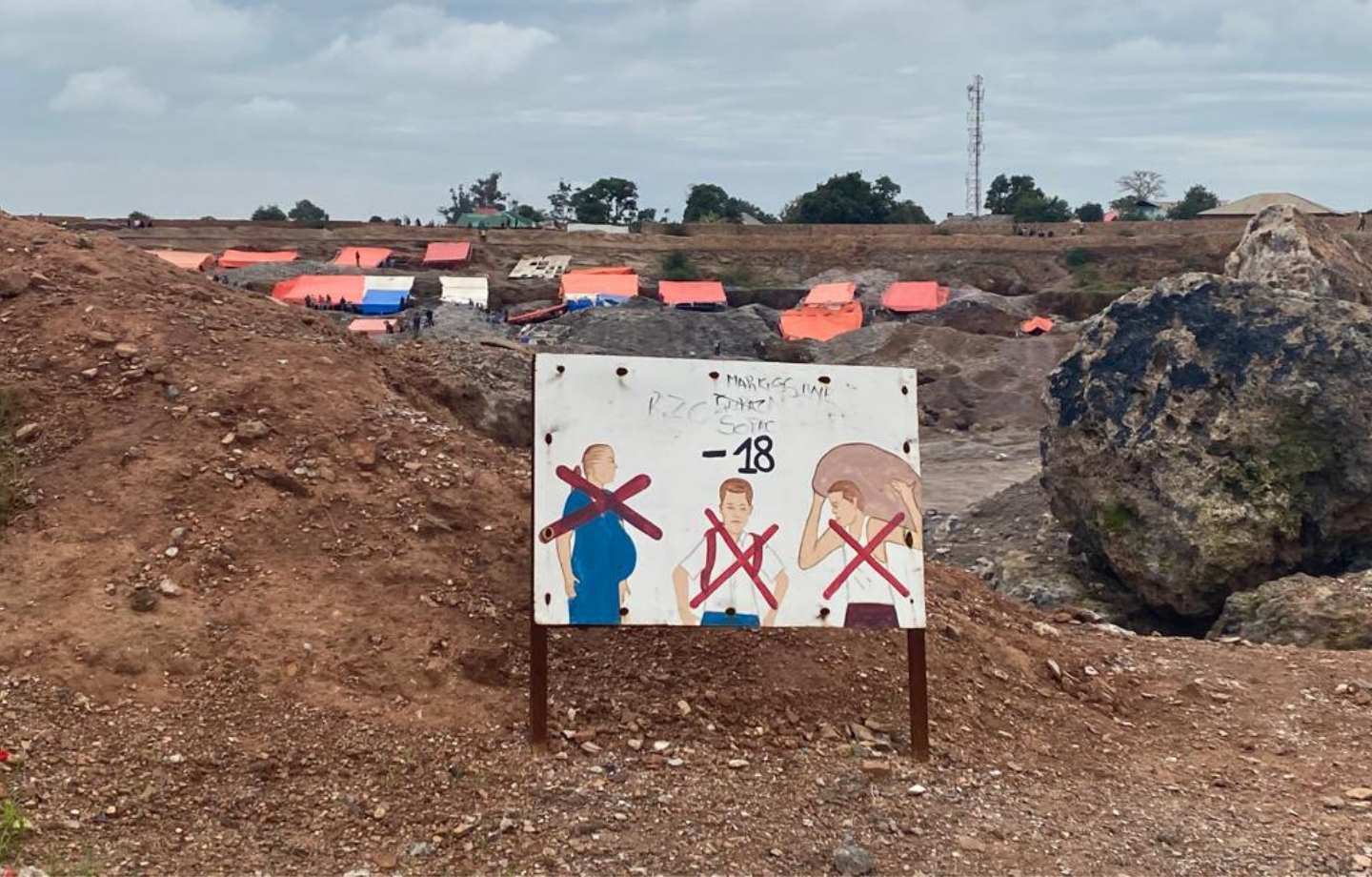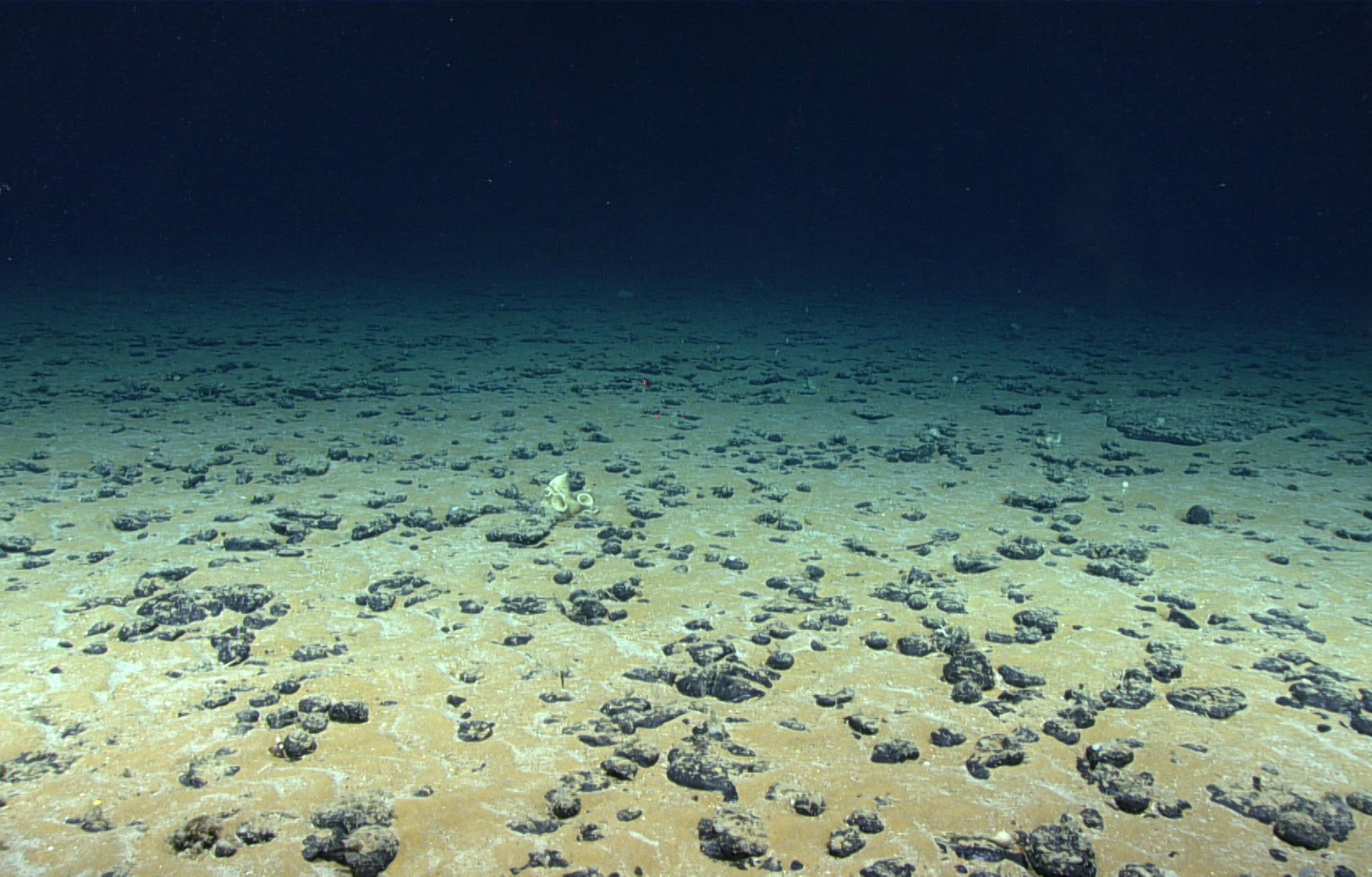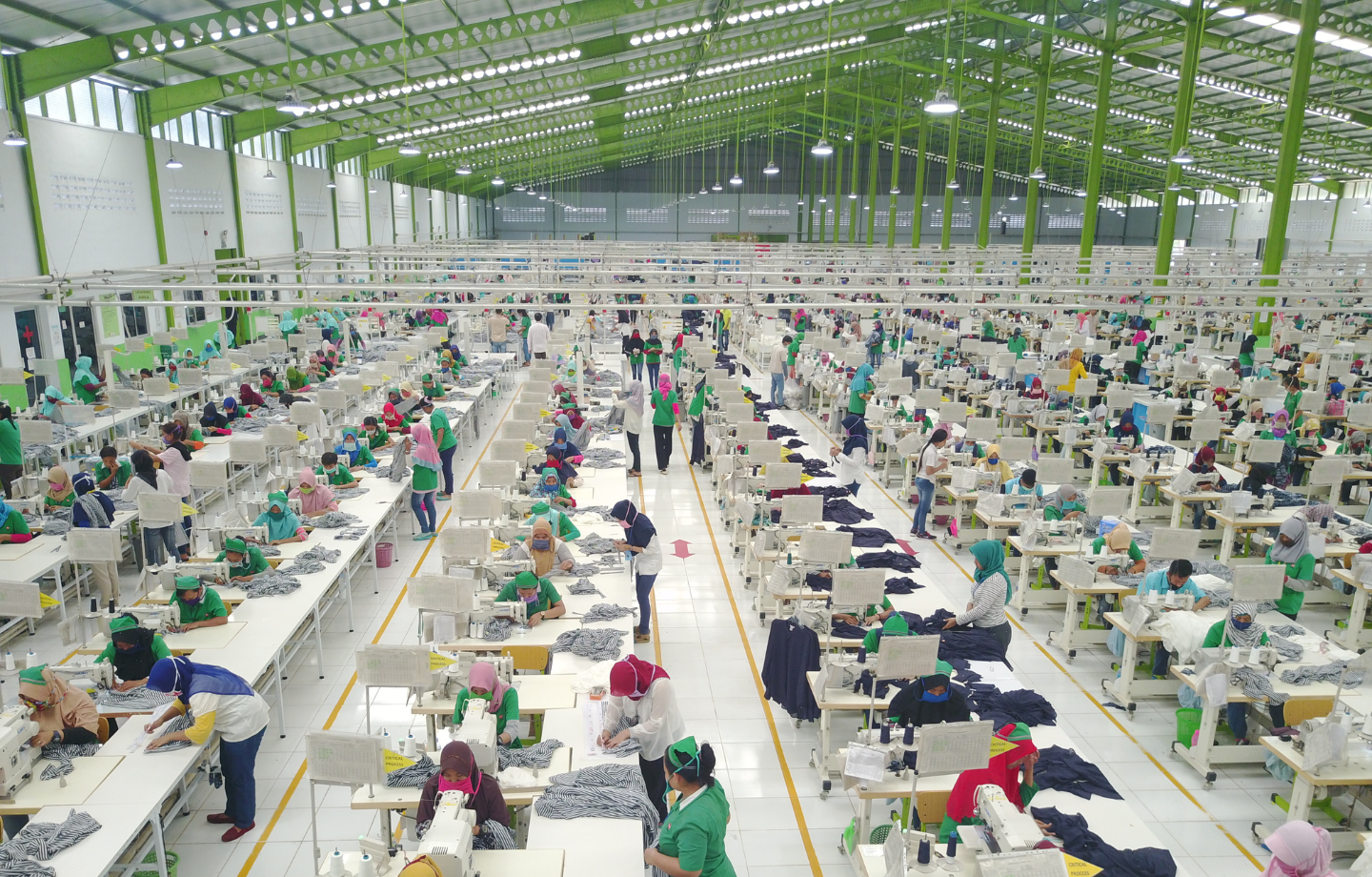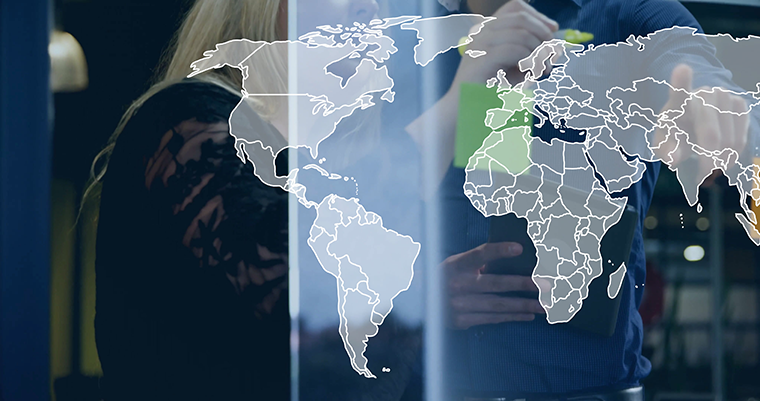Why LVMH and Other Luxury Brands Need to Do More to Protect Their Workers

June 18, 2024
We don’t typically associate luxury fashion brands with fast-fashion labor practices, but recent disclosures involving the French luxury giant LVMH suggest a need for greater scrutiny.
LVMH owns more than 75 luxury brands including Louis Vuitton, Tiffany and Dior. Last year, the French-based company’s revenues exceeded $92 billion. Its Chairman and CEO, Bernard Arnault, is one of the world’s richest people, reportedly worth $215 billion. And yet, despite its extraordinary financial success, LVMH is now the subject of an Italian investigation into the company’s questionable labor practices.
The probe has revealed that employees of an Italian subsidiary producing Dior-branded handbags live and work in subcontracting facilities in Italy where “hygiene and health conditions are below the minimum required by an ethical approach.” As a result, LVMH is now under the jurisdiction of a court-appointed commission in Italy to assess whether the company is implementing a “system of checks on external suppliers to ensure future compliance with existing labor laws.”
The mistreatment of workers seems to be common throughout luxury supply chains. While promoting an image of high-quality and expertly crafted products, many high-end brands typically don’t share the rewards of their voluminous sales with the people producing their products. This makes little sense given the enormous price tags of Dior and other luxury products. According to the Italian investigation, a Dior handbag that sells for $2,700 costs only $56 to make. This means the company’s gross margin is 98%, an outlandish disparity that occurs because brands like Dior rely on local contractors and subcontractors who employ underpaid immigrant workers to make their goods.
Customers are willing to pay a premium to buy products with the “Made in Italy” label. What many don’t realize is that these products are often being made by immigrant workers from China, Pakistan, Bangladesh and various countries in Sub-Saharan Africa. These workers come to Italy with hopes of making more money and creating a better life, but they are oftentimes vulnerable to exploitation due to discriminatory immigration and employment laws.
These problems are neither new nor confined to Western Europe. In the early 1990s, a group of U.S. apparel companies outsourced their production to Saipan, a Pacific island that was then part of the U.S. Trust Territories. The production factories employed thousands of Chinese workers, mostly women, who were poorly compensated. Because Saipan was a part of the trust territories in the Pacific, the brands labeled their products “Made in the USA.”
Fueled by local consumer and voter pressures, some European countries like France and Germany have adopted regulations requiring companies doing business in their jurisdictions to adhere to stringent labor standards throughout their global supply chains. In April, the European Union adopted the Corporate Sustainability Due Diligence Directive, which will help ensure that workers in this sector “enjoy fair working conditions, including fair wages, safe and healthy workplaces, reasonable working hours, the right not to work if you are underage, and the right to join a trade union.” This law lays the foundation for holding companies accountable for their global environmental and social impacts. However, the impact of this law on workers will depend on how effectively it is enforced.
It will take time to put this new regulatory system in place. Once it happens, companies like LVMH will need to alter their business models and address the well-being of those making their products. And, as my colleague Dorothée Baumann-Pauly has warned, these companies need to go beyond legal compliance by developing remediation systems that will ensure that workers are being paid a living wage and being treated with dignity.
 Global Labor
Global Labor Safeguarding Outsourced Labor
Safeguarding Outsourced Labor


